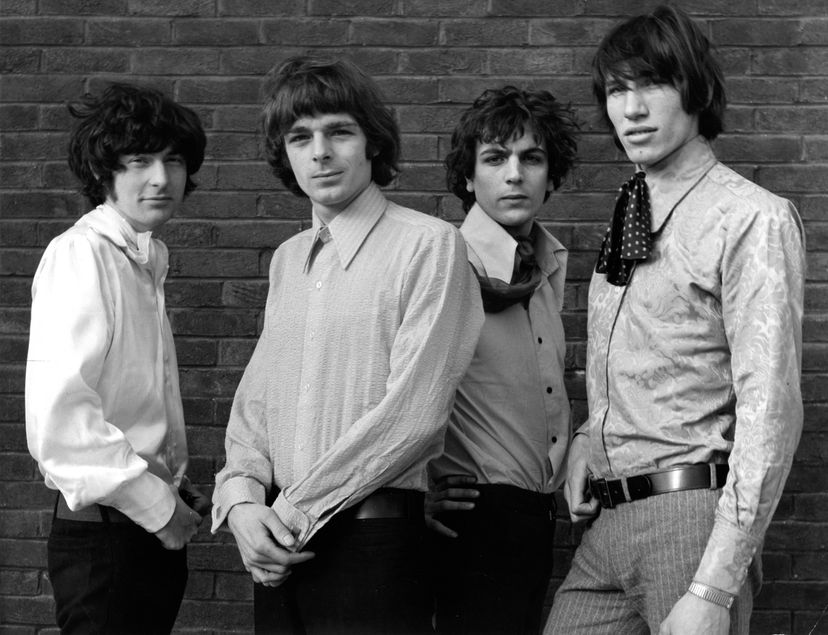
About This Quiz
Take psychedelic rock, add a fantastic theme and wild production, and throw in a pinch of symphony, and you've got yourself a progressive rock song! Take our quiz to see how much you know about the most iconic artists and music in the genre.Rush consists of vocalist Geddy Lee, guitarist Alex Lifeson and drummer Neil Peart.
While progressive rock had its roots in British rock 'n' roll, Rush formed in Canada in the 1970s.
Yes released its self-titled debut album, which featured the single "Sweetness," in November 1969.
Advertisement
Yes opened for Jethro Tull on its first U.S. tour in 1971.
Jon Anderson, formerly of the Warriors and Gun, sang lead vocals for Yes.
Prog rock legends Pink Floyd released their debut album "The Piper at the Gates of Dawn" in 1967.
Advertisement
Pink Floyd's "The Dark Side of the Moon" spent a record 741 weeks on the Billboard Top 200 chart after it was released in 1973.
Pink Floyd's 1979 album "The Wall" tells the story of a rock star named Pink.
Gabriel and Collins were both members of progressive rock band Genesis.
Advertisement
Phil Collins started off as drummer for Genesis before taking over the lead vocalist spot from Peter Gabriel.
The band released "From Genesis to Revelation," which featured songs like "Silent Sun" and "Fireside Song," in 1969.
Jethro Tull hit it big in the U.K. with the 1968 album "This Was."
Advertisement
Jethro Tull front man Ian Anderson is known for his wild flute-playing ways.
The band took its name from 18th century agriculturist Jethro Tull, who invented the seed drill.
Porcupine Tree was founded by singer and guitarist Steven Wilson in 1987.
Advertisement
Wilson created an album of fake "lost recordings," but it turned into "On the Sunday of Life" after people actually liked the songs.
"Days of Future Passed" was the Moody Blues' second album but their first progressive rock album.
The 1967 release did not feature the song "Dear Diary."
Advertisement
The four-piece band originated in the '90s as Toolshed before shortening its name to Tool.
Tool released the extended play "Opiate" in 1992, followed by the full-length "Undertow" in 1993.
Keith Emerson, Greg Lake and Carl Palmer of bands the Nice, King Crimson and Atomic Rooster joined forces to create the new band in 1970.
Advertisement
The band's first show was before half a million fans in 1970. One month later, the band released its first album.
Robert Fripp was the only consistent member of King Crimson, which formed in 1967 and had dozens of different members over the years.
Kansas released its self-titled debut, which featured songs like "Lonely Wind" and "The Pilgrimage," in 1974.
Advertisement
The hit song was featured on the 1976 album "Leftoverture," which eventually sold more than 3 million copies.
This unique title came from the Mars Volta, which released its first full-length album in 2004.
Deep Purple's "Smoke on the Water" tells the story of a 1973 Frank Zappa show that ended in flames.
Advertisement
Electric Light Orchestra's 1979 "Discovery" album featured songs like "Don't Bring Me Down" and "The Move."
Daevid Allen was a member of prog rock bands Gong and Soft Machine but never played in the Moody Blues.
"Take the Long Way Home" can be found on Supertramp's 1979 release "Breakfast in America."
Advertisement